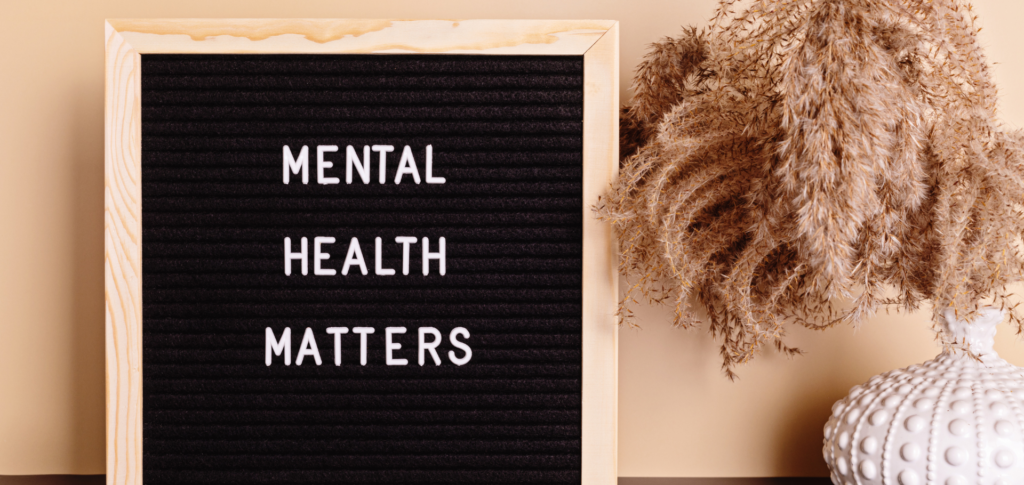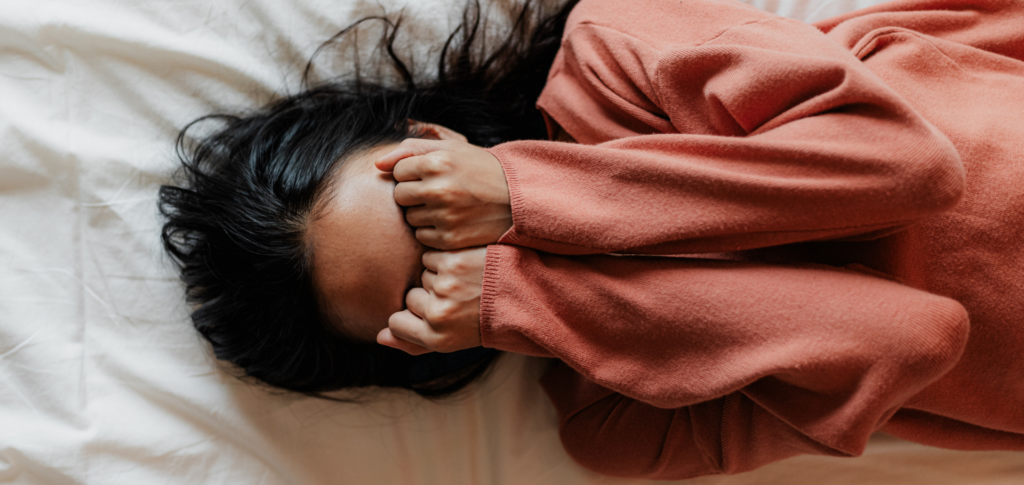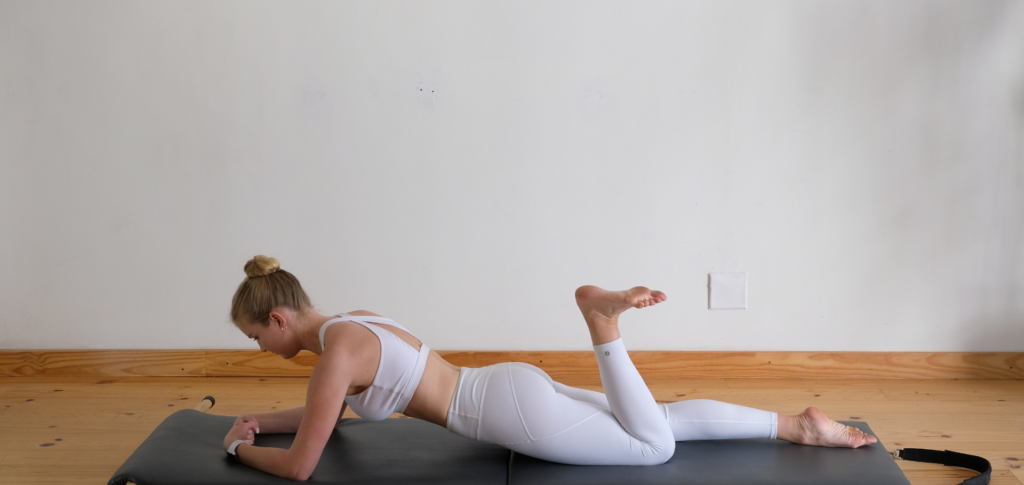As our society becomes more connected and fast-paced, we’re seeing a growing number of mental health problems. Stress, anxiety and low self-esteem are just some of the conditions that we’re seeing people suffer from in rising numbers. Could it be that your lifestyle choices are contributing to these issues?
In this article, I’ll be delving into some of the reasons why people are suffering from mental health issues. I’ll also be exploring some ways you can make changes to your lifestyle that could positively affect your mind and body.
Let’s begin by exploring what might be causing all the mental health issues we see in our society today…
The importance of mental health in a fast-paced society
In today’s world, it is important to take care of your mental health. Mental health is a state of well-being that involves emotional, social and psychological well-being. It is not just about how you feel but also refers to how you think, behave and relate to others.
It involves positive relationships with other people, the ability to be aware of what is happening around you and in yourself, being able to control your emotions and behaviour at all times as well as feeling good about yourself.
Mental health problems can affect anyone at any age; however, some risk factors make it more likely for people to develop them such as genetics.
Since 2013, there has been a marked increase in mental health issues including depression, especially in the youth (Heidt, 2022). Depression and anxiety also affect more women than men.

What is causing all the mental health issues we hear about in our society today?
Some causes of mental health issues in society today are:
- Family issues include divorce, separation and bullying.
- Social Media; Jonathan Haidt in his podcast “The case against social media” puts forward the argument that access to social media is detrimental to our mental health and perceived self-worth.
- Money issues, including debt and bankruptcy.
- Relationship problems with friends or family members.
- Health issues range from chronic pain to diseases such as cancer, heart disease or diabetes.
- Workplace stressors such as long hours, lack of work-life balance and poor management styles at the hands of bosses who don’t know how to manage employees properly (or even if they did care about their employees).
- School pressures from grades to college applications/admission tests to standardized testing requirements for schools themselves can lead kids down paths that don’t match their passions later on in life but require high levels of academic success just so one can get into a good college/university program later on down the road after obtaining their high school diploma).
There are some of the many reasons why young adults today feel overwhelmed by all these demands put upon them by society.

How Classical Pilates can help you combat these mental health issues.
Classical Pilates can help you combat these mental health issues by promoting stress relief, anxiety reduction, and depression management as well as a positive body image.
The very act of focusing on your body and breath relaxes you, and exercise releases endorphins, leading to a sense of wellbeing. Also, because it is a low-impact workout that doesn’t strain your muscles or joints (which may be more of an issue if you’re new to exercising), doing this type of exercise can be much more comfortable for someone who has experienced physical injuries in the past.
Many studies have gone on to prove classical Pilates is very good for mental health issues. One such study positively proved the “Effect of Pilates and taiji quan training on self-efficacy, sleep quality, mood, and physical performance of college students.”
KarenCaldwellPh.D.aMandyHarrisonPh.D.bMarianneAdamsMFAcN.Travis TriplettPh.D.b
Whilst another study “The influence of Pilates method in quality of life of practitioners”
concluded that Pilates was associated with the improvement of quality of life.
This is why it’s so beneficial for people who have mental health issues to commit to Classical Pilates.

How often should I be doing Pilates?
You should be doing Pilates three to five times a week. If you are just starting out, it is important to build up your strength and endurance before jumping into more advanced moves. A trained instructor will always work to your level, the classical Pilates repertoire builds on the foundational exercises incrementally growing strength and flexibility until you are ready to tackle the more advanced exercises. As your strength gradually improves, so does your feeling of accomplishment and well-being. Pilates is a lifetime of learning.
What is the best way for a beginner with an extremely busy schedule to get started with Pilates?
Usually, we’d recommend getting started in the comfort of your own home or even office if you don’t have time during the day. We’ve put together a 30 Session Body Transformation Program designed to get you started on your Pilates journey.
Our program includes:
– 30 videos with step-by-step instructions ( Basic to Advanced )
– PLUS 2 videos explaining the arm weight series and the wall endings– PLUS 7 Bonus Videos for intermediate and advanced workouts
